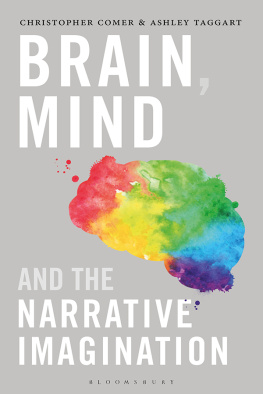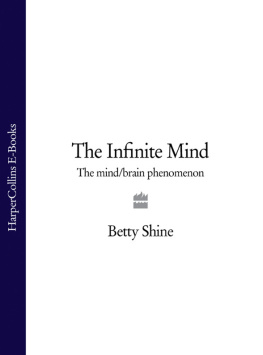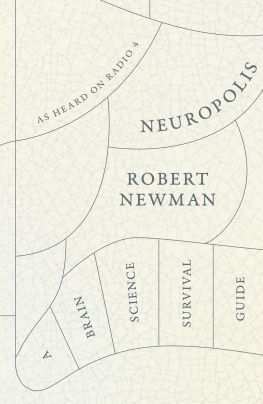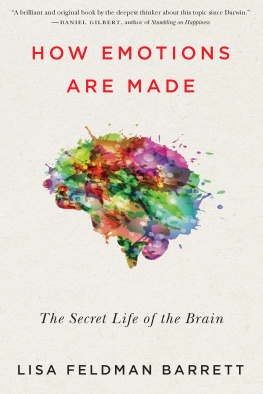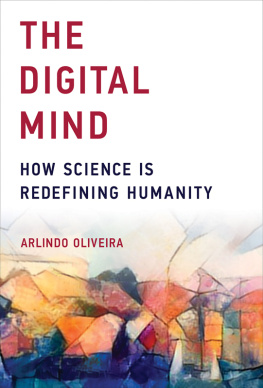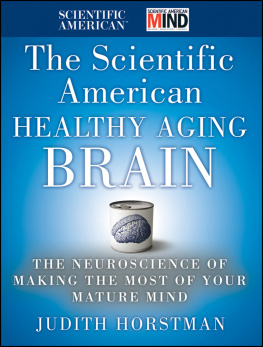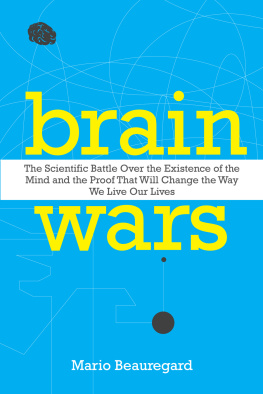Brain, Mind, and the Narrative Imagination
Brain, Mind, and the Narrative Imagination
Christopher Comer and Ashley Taggart

Our interest in science and the narrative imagination began with two deceptively simple questions: how do stories, as told aloud or written, have an impact on us, and what can science, in particular the burgeoning field of neuroscience, bring to our understanding of this process?
For a very long time, as we will show, the arts and sciences were viewed and pursued in isolation, as two cultures with little common ground between them, and radically incompatible aims, methods, and criteria of excellence. But this cold war is breaking down. A dialogue, if not quite dtente, has broken out. For anyone interested in narrative, we live in promising times. Our increasing grasp of what goes on in the brain not only turns out to be relevant to the experience of narrative, but is now taken seriously in fiction, essays, and commentaries by those who produce it, storytellers in every genrea sure sign that at the very least something is afoot. Even though the two cultures may preserve different languages, there is now considerable two-way traffic between them. Empirically derived ideas about structure, form, and even the roots of narrative thought and imagination have at least started to provide common ground which is of equal interest to the novelist, narratologist, and neuroscientist.
In order to show how the iron curtain between the narrative arts and science is crumbling, inclusivity has to be a key principle. Hence, the term narrative imagination is not restricted here to the imaginative act of conceiving narratives or, in fiction, to characters, scenes, and plots for oral, written, or enacted delivery. For a start, studies of the brain offer perspectives that extend well beyond the moment of creativity, fascinating though that is. They have now made great strides on the question of what happens to a solitary reader, or an audience, when receiving and internalizing narratives of all sorts. Then there is the return trafficless congested perhapsof those who want to come over and survey the concepts of science, and the scientific process with a narrative eye.
Our exploratory journey into narrative imagination was initially prompted by the development of a university course designed to encourage students from both fields to cross the apparently vast divide between them. In effect, we wanted to help them take a walk across campus, between facultiesitself an interesting word in context: a short distance on the map, perhaps, but dauntingly cosmic in terms of understanding, and even respect. It is all too often an untrodden path, beset by the demons of aversion, incomprehension, and misunderstanding. If those in the sciences cannot see the point of sitting in seminar rooms endlessly discussing often idiosyncratic reactions to stories, plays, and films with theoretical jargon, those in the arts are equally repelled by the hegemonic claims on objectivity, verifiability, and progress made by science; its hunger for research funds; and the daunting impedimenta of labs, scans, and technical jargon. It is not just a question of what is being pursued on either side, but why. For those in the arts, the most comprehensive grasp of neuromodulators and synapses will never bring us one jot closer to the sense of joyous transcendence produced by a poem like Philip Larkins High Windows, or the sublime interconnectedness of Middlemarch.
On the other side of campus, the achievements of brain science barely need enumeration. Every month new journal articles and books appear, which seem to fill in another blank in our general understanding of the brain, butand this is the interesting thingoften by focusing on issues that are the lifeblood of the arts. The physical processes behind memory, imagination, feeling, and even creativity are relentlessly pursued by scans and research studies. Yet, for many in the humanities, this effort all too often appears worthy but wrong-headed, like watching a game with a sports nerd who is so obsessed with batting averages they have forgotten to enjoy the spectacle. What brings us to the stadium in the first place is somehow misplaced: that vicarious ebb and flow of anticipation and anxiety familiar to every sports fan, buried under analysis and statistical probability. The magic is lost.
But there is more than this going on. After all, there is a whole production line of critical analysis in the narrative arts too, wielding the tools of structural breakdown, close-reading, exegesis, narratology, and stylistics, to get closer to the storytellers cabinet of tricks. It appears, then, that in this camp too, concerns about turning creative diamonds into critical ash can be set aside when it suits.
When confronting something as fundamental and all-pervasive, something so distinctively human, as narrative, it is easy to become caught up in skirmishes, internal rivalries, and power struggles. We can become overwhelmed by the details, small advances, or fixated on the barriers between the two cultures, fortified over many years. To be sure, there remain many differences, not just of methodology, but of outlook and intent. But to get a clearer view it is useful to take a step backreculer pour mieux sauterand forego complexity for simplicity, asking what is the state of play right now, and what are the motivations behind it? When we do this, its apparent that, lurking behind all the residual distrust and mutual incomprehension lies anxiety and enigma.
The anxiety, from the humanist side, is the fear of annexation, of displacement, and worse, irrelevance. We can hear strains of this anxiety throughout the artsfrom critics and practitioners alike. What will be left for the novelist when the neuroscientists are done? For the critic? In the era of ever-more sensitive brain scans, talk of conscious machines, and story algorithms, speculation on the death of narrative comes to seem less and less like some fanciful conceit. Reading the recent rash of so-called neuronovels, you sometimes get the sense of the writer incorporating their own death notice into the story, in the hope that this will avert the actual event: narrative becomes its own elegy. Certainly, we can hear this doleful refrain, intrusive and discordant, in the work of Ian McEwan and E. L. Doctorow, two writers we will look at later.
The enigma is of course the mind-body problem, which casts an Easter Island-like shadow over the endeavors of scientist and storyteller alike. To recast it slightly, the big question here, whether acknowledged or not by either party (and it is often simply disregarded), is whether the mind is the brain. Or crucially, whether mind is the processes of the brainits scintillant myriad interconnectionsor whether it is something more. To return to our earlier analogy, the philosopher Gilbert Ryle compared dualists searching for an essential self or inner mind distinct from the body, as being like someone given a tour of campus, shown the library, labs, seminar rooms, sports fields, and lecture theaters, who then asks at the end of it all: But where is the University? His point being that all of these comprise the university, in much the same way as our behavior, predispositions, and physical attributes comprise the self. Or put another way, mind is what the brain does.
Despite recent efforts to introduce ideas of, for example, embodied linguistics, brain lateralization, and affective cognition into the humanistic study of narrative, and despite the best efforts of storytellers to assimilate what is emerging from new brain studies, it is fair to say that the mind-body problem remains a major contributing factor to mistrust and misunderstanding in this field. If, as Ryle famously said, mind is the ghost in the machine, then it remains a stubborn truth that for many scientists, the literary study of narrative is little more than chasing such ghosts. Meanwhile, for many in the arts, scientists display a blinkered obsession with mechanics, the minutiae of the brains wet stuff, to the exclusion of all else.
Next page
